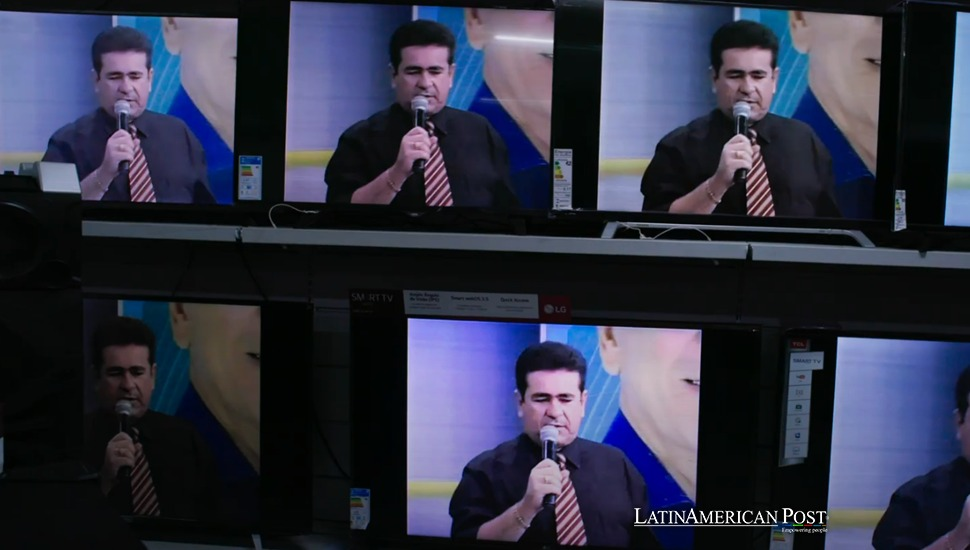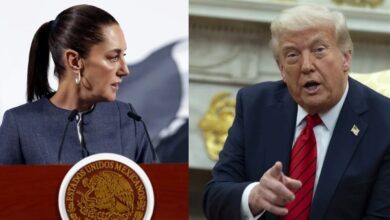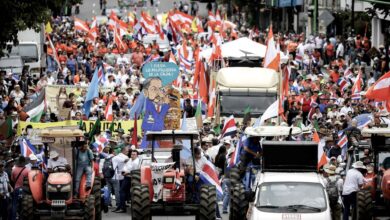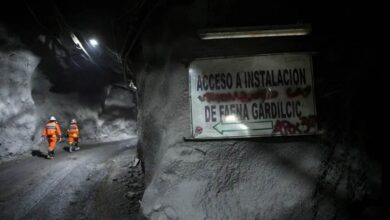Remembering the Dark Tale of Brazil’s Killer TV Host

Wallace Souza’s rise and fall shocked Brazil, revealing a twisted tale of crime, fame, and betrayal. Once a beloved TV host, Souza orchestrated murders for ratings, blurring the line between reality and fiction in an unprecedented case.
From Lawmaker to Infamous TV Host
Wallace Souza’s story begins in the Amazonian city of Manaus, Brazil, where he built his reputation as a controversial television host and lawmaker. His show, Canal Livre, gained popularity in the 1990s by showcasing a hard-hitting, gritty depiction of life in the Amazon. A former police officer, Souza leveraged his position as a state representative to become a voice against crime in Manaus. Ironically, this reputation for justice would prove to be a thin veneer, masking his darkest intentions.
Souza’s rise to fame was fueled by his image as a man of the people, railing against drug dealers and violent criminals on his show. With camera crews on the streets, Canal Livre often captured graphic crime scenes before police even arrived, showing firsthand the brutal nature of Manaus’s underworld. But as Souza’s popularity skyrocketed, questions arose about how his team consistently managed to arrive at crime scenes so quickly, often with cameras rolling mere minutes after a murder had taken place.
The Revelation of a Chilling Scheme
In 2009, an investigation revealed a shocking twist: Souza wasn’t just covering the crimes; he was ordering them. Authorities discovered that he had allegedly hired hitmen to carry out murders to keep his ratings high and further his anti-crime narrative. Former police officers who worked for Souza admitted they were involved in executing these staged murders, intended to create a gripping story arc for Canal Livre. With this scheme, Souza turned tragedy into a spectacle, luring viewers with morbid fascination and feeding a cycle of violence for profit.
Souza’s carefully curated persona began to unravel as investigators found evidence tying him directly to organized crime. He allegedly used his political position to shield drug traffickers and eliminate rivals. Investigations uncovered financial records, phone records, and testimonies from former associates, painting a clear picture of Souza’s deadly media empire. As the probe continued, authorities realized how deeply his influence had infiltrated the Manaus political and criminal landscape.
Trial, Denial, and Death
As Souza’s empire crumbled, he was arrested on charges of murder, drug trafficking, and organized crime. He maintained his innocence, claiming he was a victim of a political conspiracy. He asserted that his anti-crime stance had threatened influential figures in Manaus and that his success in exposing criminal activity had led to his being framed. Souza’s die-hard supporters rallied behind him, refusing to believe their hero could be involved in such atrocities.
During his trial, the extent of Souza’s actions became more apparent, with testimonies from former allies detailing his manipulation of crimes for personal gain. However, before justice could be fully served, Souza died in 2010, reportedly from a heart attack while awaiting trial. His death marked the end of his twisted saga, but the ripple effects of his crimes lingered, leaving a permanent stain on Brazilian television and politics.
Questions Left Unanswered
The case of Wallace Souza left a lasting impact on Brazil, sparking debate about the ethics of sensationalized media. Souza’s manipulation of the public’s trust, both as a television personality and as a political figure, raised questions about media figures’ accountability and responsibilities. His story serves as a chilling reminder of how easily the lines between entertainment and exploitation can blur, mainly when power and fame are at stake.
Also read: Milei’s University Veto As Necessary Step for Argentina’s Economic Stability
Years later, Souza’s story continues to captivate and horrify. His case is often cited as one of the most bizarre and disturbing examples of the corrupting influence of fame and a cautionary tale about the dangers of unchecked power. Though many details of his life and crimes remain murky, Wallace Souza’s legacy endures as a dark chapter in the history of Brazilian media, forever blending the boundaries between fiction and reality.





